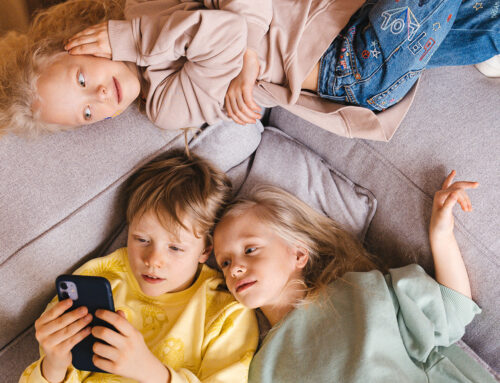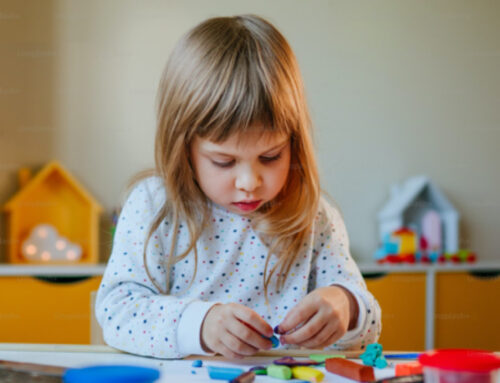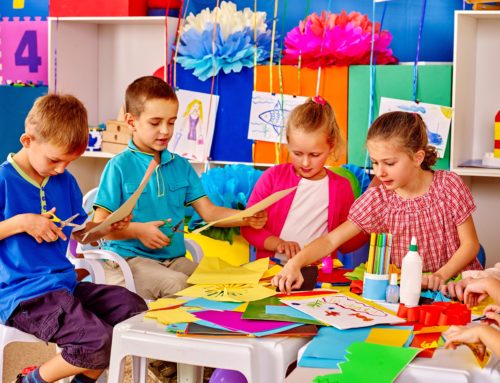Why Fewer Toys Could Benefit Your Child
The latest research and studies suggest fewer toys could benefit your child
Does your little one have a whole box of toys they never play with? Don’t worry, you’re not alone. A huge majority of parents get carried away with purchasing the latest and greatest toy, stuffed animal, board game, electronic device etc… Only to realise later on that they played with it once and then threw it back in the toy graveyard, never to be seen again. Well the latest research suggests that to benefit your child in the long run, give them just a select few things to play with!

Why is having toys so important for children?
Play is a child’s work. Playing is how kids learn about and discover the world around them. Toys are not just things to mess around with. Toys form the building blocks for our child’s future. They teach our children about the world and about themselves. They send messages and communicate values. Therefore parents should think about what foundation is being laid by the toys that are given to their kids.
What was the research?
Researchers found that young children are actually happier when they have fewer toys to play with. That’s right, kids don’t need hundreds of toys to be happy.
Working with toddlers ages 18- to 30-months, researchers gave one group four toys and another 16. The kids with fewer toys around were more engaged in their play and for a longer period of time. They also played with the toys in more and different ways than the kids who had more toys at their disposal. According to the report, “Deeper exploration may lead to increased imaginative play,” which supports fine motor coordination and the development of cognitive skills, like pretending and problem solving. Having too many toys around causes a disruption in play.
What does this mean for children with too many toys?
During early developmental years, children have short attention spans that are made even shorter when given many toys. Kids are easily overwhelmed with choice. When a child is unsure of what to play with, they often end up playing with nothing at all. Plus, having too many toys teaches children to be passive participants in play so, instead of playing with their toys, they expect to be amused by their toys.







Leave A Comment